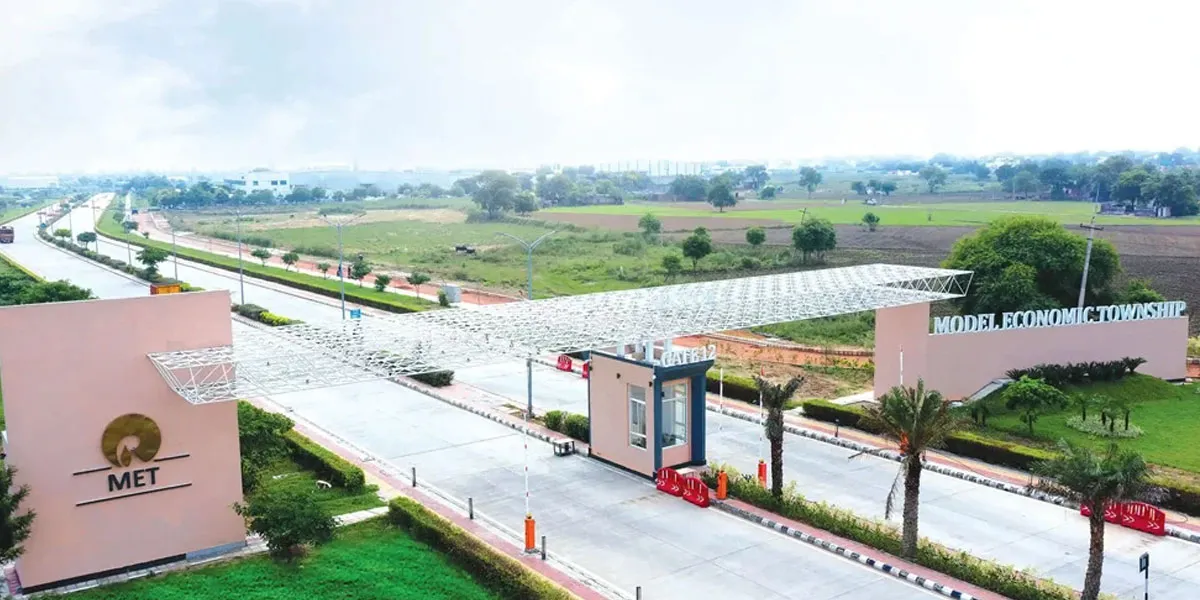Twenty-eight leading Canadian urban infrastructure, Internet of things (IoT) and artificial intelligence (AI) companies visited India last month to explore collaboration opportunities with Indian businesses in the infrastructure and smart cities sector. The delegation visited Lucknow, Mumbai and Bengaluru to engage with business and government leaders. The delegates represent companies offering innovative technology solutions and services in sectors such as AI, IoT, water and wastewater, energy management, waterproofing, intelligent transport systems, e-governance and capacity building services, architecture, and engineering. Indeed, Nadir Patel, High Commissioner for Canada to India, is positive about collaborations with India to achieve its smart cities objective. During his visit to Mumbai with the delegation, he shared more on the Canada-India relationship and the benefits of partnering with Canadian companies in conversation with
PRATAP PADODE, Editor-in-Chief, CW and President, FIRST Construction Council.
India has been scoring high on growth and several countries are engaging with us. Canada has been in the radar and there has been a constant effort for the past five years. However, we are yet to prioritise the areas where Canada will engage with India on the highest level...
First, there are challenges.
The demand here is so significant that India needs capacity expertise technology investment from overseas. And Canada has been playing a significant role. Two-way trade has grown at $6.4 billion to $8.4 billion over the past few years. Speaking of potential funds, the total stock of investment in the past three to four years has been $4.5 billion (two-way). And, it is now estimated to be at around $23 billion, not considering the recent billion dollar announcement by Brookfield in the pipeline space. But $4.5 billion to $25 billion in three to four years has been significant with most of it being long-term infrastructure investment.
Also, while there were about 770 Canadian companies active in India four years ago, there are 1,000 companies active here today; 400 companies have physically invested as against 280 companies four years ago. So there has been growth and at a rapid pace; this momentum is expected to continue. Some sectors are seeing great opportunity for engagement with Canada in the areas of infrastructure: Development of cities, dealing with urbanisation challenge, etc. And while India will interact with multiple countries, Canada is already active in this space, whether it is urban planning, engineering or technology.
Finally, speaking of investment, there is almost a trillion dollars of Canadian pension fund money, the growth for which is going to come from outside Canada. This is why you are seeing a good piece of increased investment here.
The majority of those investments are in infrastructure. Not only do we bring traditional expertise, we bring new and emerging technology combined with money. That is a pretty good formula that not many countries will actually bring to the table.
Is there a tried-and-tested model in India wherein a country can assume the role of a master planner for a city, further benefitting companies from that country who are keen on operating in India?
We were invited to adopt a couple of cities or endorse a few cities right at the beginning of the smart cities initiative. However, we did not accept it, the reason being that we do not feel we would optimise what we bring to India or what Canadian companies can benefit from if we only focussed on a couple of cities. So we are bringing in expertise that can be made available to 100 cities in India. Also, not all cities have the same needs.
So we preferred keeping the doors wide open and tailoring the needs of different cities with what Canadian companies have, in a much broader manner. That is a key reason why we are experiencing success related to other countries in this space.
So would something at a state-wide level possibly have much better traction because you are able to experience different kinds of environments?
We would be open to a state-wise approach because the state administration of the government - where we are spending a lot of time developing or engaging û has a lot of influence in planning capacity, as it relates to multiple cities in that state. This can bring a critical mass of interest.
In Maharashtra, for instance, we do have an MoU on infrastructure and development of cites, where we have brought delegations of multiple Canadian companies to the state for development of areas. We also have a similar tie-up with Gujarat.
While you have spoken about the expertise Canada brings to India, does India equally contribute to Canada?
There are certain technologies and products that Indian companies have that are beneficial to Canada. So, we certainly do render support in matching and providing those opportunities. When it comes to technology, when you look at companies like TCS, Tech Mahindra or Infosys, their operations in Canada are quite broad-based and they are technology-driven assets in Canada in this space as well.
That said, we would like to see more Indian investments into Canada. While the investment has been one-dimensional for the past few years with large Canadian investment in India, we certainly see potential for Indian investment in Canada to increase. And one cannot ignore that over a hundred large Indian companies have actively invested in Canada and are all looking to do more.
Are there any initiatives on the commerce front that you are currently engaged in?
We have a good relationship with commerce. The current environment around the world provides an impetus for us to do more with India. For instance, we have free-trade negotiations underway at present; we are not going to conclude anything anytime soon but there is certainly an imperative to continue doing that. We are also looking at diversifying sectors beyond some of the traditional successful ones in India between Canada and India.
What would be the top priorities for you?
In a macro sense, it is maintaining the momentum of growth in trade and investment. Next is diversification and the opportunity to collaborate. Then, just as there has been an increase in the number of Indians visiting Canada, we would want to widen the relationship with Canadians visiting India.
I also see immense potential for Canadian companies in the infrastructure construction space. There have been discussions with the Ministry of Urban Planning and we are feeding into the affordable housing initiative as well.





















